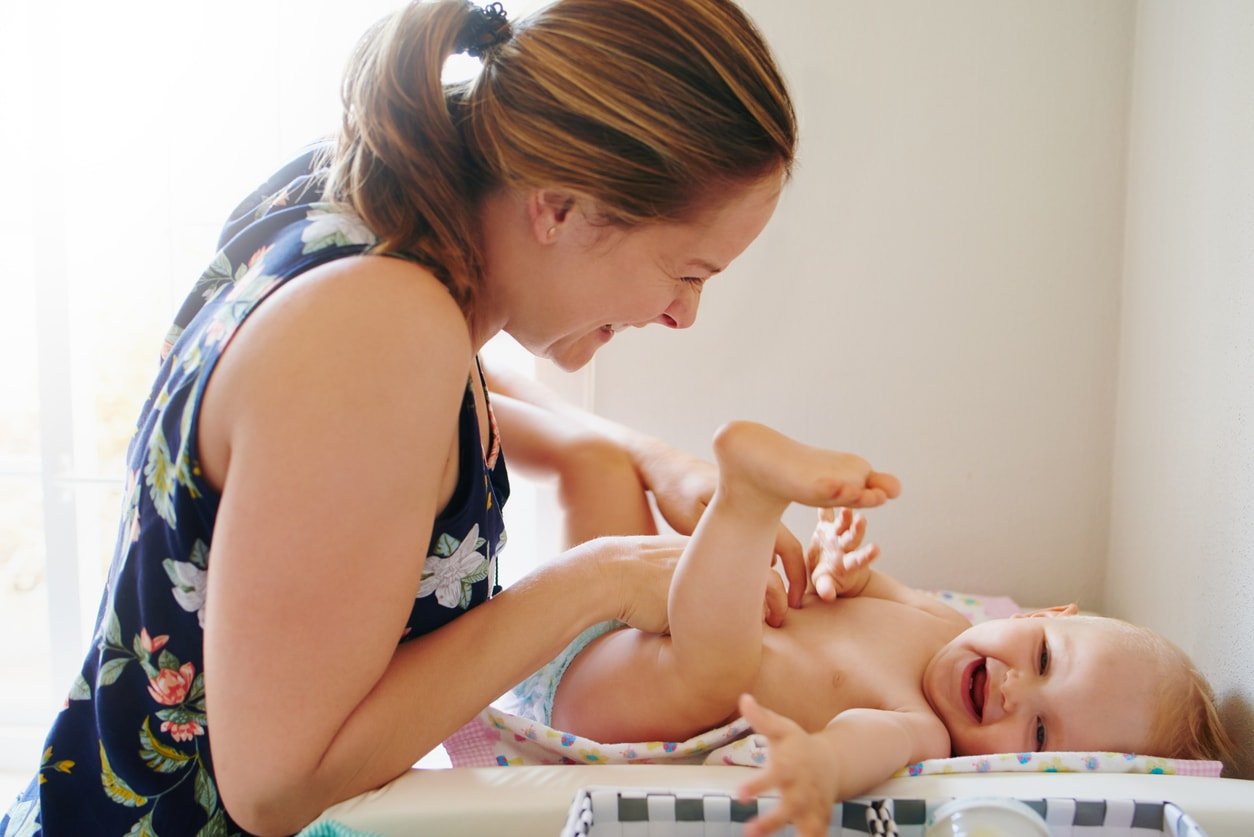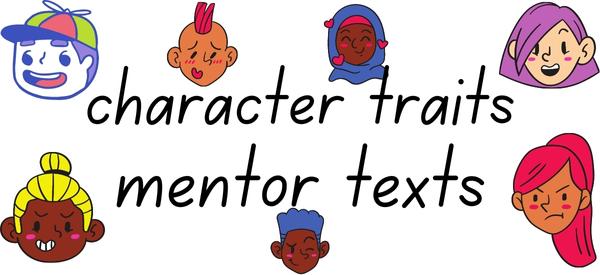Changing your baby’s diaper almost becomes a monotonous routine: wipe, add diaper cream, fasten the new diaper, and throw out the old one. Occasionally, you may inspect their stool to make sure everything is okay. Normal color? Check. Normal consistency? Check.
Typically, you don’t think twice about that soiled diaper since it’s of no value—or is it? Research from a study done several years ago out of the University of Carolina’s (UNC) School of Medicine revealed your baby’s poop might hold the keys to predicting their future intelligence.1
We break down what science says will predict your baby’s level of intelligence and offer tips for helping your tiny scholar boost their IQ if you don’t want to rely just on biology.
It’s All in the Gut
The UNC School of Medicine team, whose results were published in 2018 in Biological Psychiatry, wanted to see if there was an association between a baby’s cognitive abilities and their gut microbiome (microorganisms that consist of bacteria and live in the large intestine).1,2
The researchers studied the feces of more than 80 one-year-olds, then identified and categorized the microbiomes into three categories. After a year, the researchers conducted a basic test with each child to see how smart they were. They wanted to see their range in motor skills, their ability to perceive things, and their language development.
The results showed toddlers in the group with higher levels of a “good” gut microbiome, called Bacteroides, had much better cognitive scores than others.1
What Exactly is the Gut Microbiome?
Simply put, the gut microbiome refers to the microscopic organisms in our gut.2 It aids metabolism and immune defense and acts as a communication gateway to the brain. The microbiome’s composition, though, can depend on your baby’s age, your ethnicity, and if you have other children, according to the UNC study.1
While you may want to research ways to alter your infant’s microbiome, there are simple ways to improve your baby’s intelligence.
5 Ways to Boost Your Baby’s Brain Development
1. Now We are (Baby) Talking
Speaking to your baby may be easier than you think. Parentese, a speaking style involving embellished facial expressions and extended vowels, allows you to quickly gain your infant’s attention. A study published in 2019 found that parents who frequently used parentese improved their baby’s future language skills.3
Don’t forget to get your hands involved, too! Sign language can be a great form of communication with your baby; the sprinkle on top is an IQ booster. A study done in the late 1990s by professors from the University of California, Davis, found that babies who learned about 20 signs spoke sooner and had better IQs.5
2. Not the Usual Jack-in-the-Box
While you may love the stuffed animals and plush toys your baby has been gifted since birth, it’s time to start adding developmental toys into the mix. These goodies are specifically designed to promote sensory motor skills and elevate creativity. Plus: they focus on several IQ-boosting areas, like memory retention, coordination, and motor skill development.4
Not sure where to start? Look to puzzles that can challenge your infant’s mind and help mold problem-solving, hand-eye coordination, and fine motor skills. Their concentration levels, which are generally short due to their age, can also significantly improve.
3. When in Doubt, Book It Out
Books are an essential tool to boost your baby’s brain power. Reading is not only a great bonding activity, but it’s also fantastic for their memory skills and language learning.6 Turn to fun picture books that are colorful and interactive.
Parents will appreciate a good read that incorporates sounds or offers sensory stimulation, like touching a piece of fabric or lifting a flap to see the surprise underneath. We’ve rounded up 20 books that’ll begin your little bookworm’s library here.
4. Let’s Give Them a Round of Attention
I’m sure you’ve heard that you should ignore a baby’s cry, or they may become spoiled. Well, we’re here to give those folks quite the rebuttal. Since crying is usually a signal and the only form of communication a baby can provide their parent, moms and dads must learn their baby’s language. By learning to understand why their little one has a crying spell, they can know when to respond—which is easier said than done.
Nancy McElwain, University of Illinois professor of human and community development, believes babies should feel securely attached to their caregivers as it is the foundation for future healthy growth. This secured attachment has a positive trickle-down effect: a baby who feels this attachment to their caregiver will supply exploration, learning, and discovery when appropriately requested.7,8
5. They are What They Eat
To help improve your baby’s brain function, opt for foods or fortified formulas rich in Omega 3 fatty acids.9 These healthy fats encourage healthy brain development but cannot be produced in the body on their own.
After a few months of introducing your mini Einstein-in-training to solids, introduce pureed salmon, canned tuna, and peanut or almond butter into their diet.10 You can also sprinkle grounded flax seeds into their yogurt and warm cereal or mix it with mashed veggies.
While we don’t recommend you examine your baby’s dirty diaper or worry yourself sick over their gut microbiome and predicting their intelligence, you can improve your baby’s cognitive skills with a few simple tricks. From loading up their meals with Omega 3 fatty acids and filling their toy box with developmental toys to reading them a book every night and cuddling them when they need attention, you can help impact your baby’s learning abilities. Although there is no knowing how high your infant will score on their future SATs, you can rest assured knowing they will continue to learn more about themselves and the world around them.

 PARENTING TIPS
PARENTING TIPS PREGNANCY
PREGNANCY BABY CARE
BABY CARE TODDLERS
TODDLERS TEENS
TEENS HEALTH CARE
HEALTH CARE ACTIVITIES & CRAFTS
ACTIVITIES & CRAFTS


